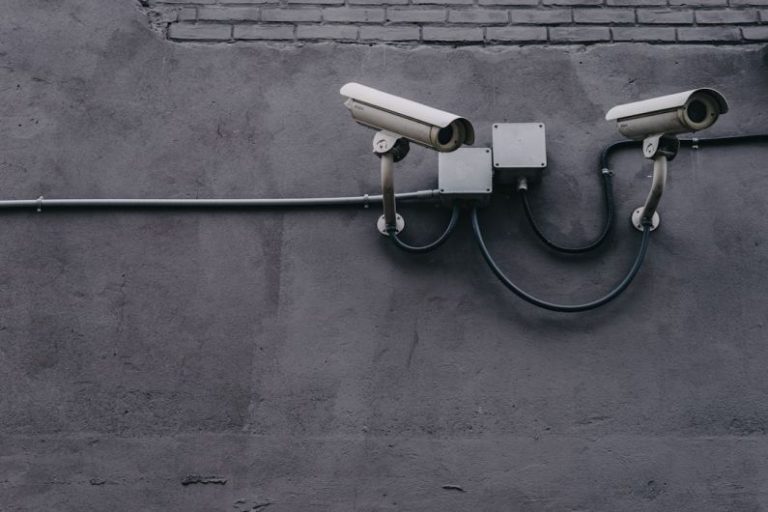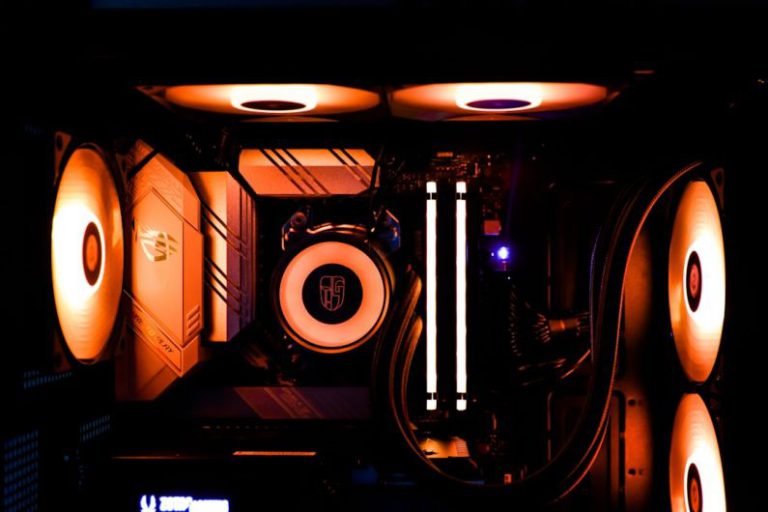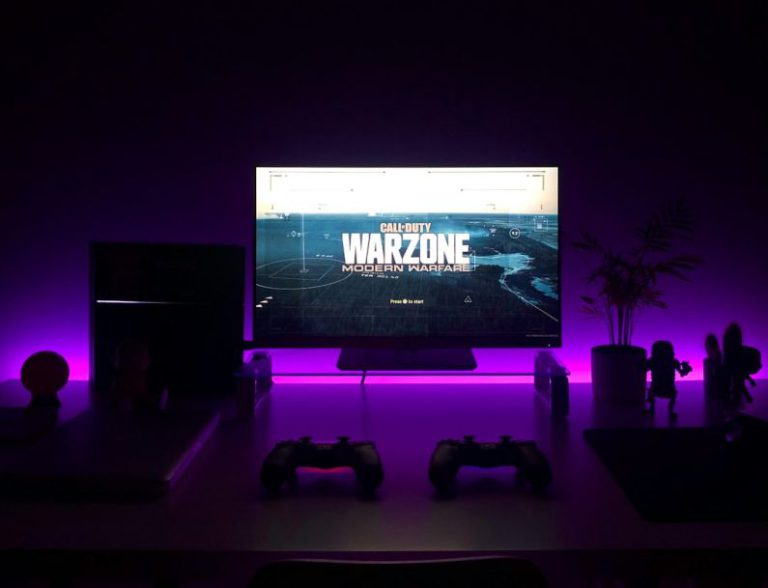What Power Supply Wattage Do I Need for My Build?
When it comes to building your own PC, one crucial component that often gets overlooked is the power supply unit (PSU). Choosing the right power supply wattage for your build is essential to ensure your components receive adequate power without risking damage or performance issues. Let’s delve into the factors that determine the appropriate power supply wattage for your specific build.
Understanding Power Supply Wattage
The power supply unit is responsible for converting the electricity from your wall outlet into a form that can be used by your computer components. The wattage of a power supply unit refers to the amount of power it can deliver to your system. It is crucial to select a PSU with an adequate wattage to meet the power demands of your components.
Calculating Power Requirements
To determine the appropriate power supply wattage for your build, you need to consider the power requirements of each component in your system. Components such as the CPU, GPU, motherboard, storage drives, and peripherals all consume power. You can typically find the power consumption ratings for these components in their respective specifications.
It is recommended to use a power supply calculator tool to estimate the total power consumption of your build based on the components you plan to use. These tools consider factors such as the number of components, their power requirements, and any potential overclocking. By inputting this information, you can get a rough estimate of the wattage needed for your system.
Considering Headroom
When selecting a power supply wattage for your build, it is crucial to factor in some headroom. Headroom refers to the additional power capacity beyond what is strictly necessary for your components. Having headroom is essential for accommodating any future upgrades or additions to your system. A power supply with sufficient headroom can prevent issues such as system instability or overheating.
Choosing the Right PSU Wattage
Once you have calculated the estimated power requirements for your build and factored in some headroom, you can determine the appropriate power supply wattage. It is generally recommended to opt for a power supply that exceeds your calculated wattage by around 10% to 20% to ensure stability and efficiency.
For example, if your estimated power consumption is 400 watts, selecting a power supply with a wattage between 450 to 480 watts would be ideal. This margin allows for flexibility and ensures your components receive a consistent power supply without being overworked.
Efficiency Ratings
In addition to wattage, another crucial factor to consider when choosing a power supply is its efficiency rating. PSU efficiency is represented by an 80 Plus certification, which indicates how efficiently the power supply can convert AC power to DC power. Higher efficiency ratings result in lower energy consumption and reduced heat output.
The efficiency ratings range from 80 Plus, 80 Plus Bronze, Silver, Gold, Platinum, to Titanium, with Titanium being the most efficient. While efficiency ratings do not directly impact the wattage requirements of your build, opting for a more efficient power supply can lead to cost savings in the long run by reducing energy consumption.
Conclusion: Finding the Right Power Supply Wattage
In conclusion, selecting the right power supply wattage for your build is crucial to ensure optimal performance and longevity of your components. By calculating the power requirements of your system, factoring in headroom, and considering efficiency ratings, you can choose a power supply that meets your needs.
Remember, it is always better to invest in a slightly higher wattage power supply than to risk underpowering your components. By following these guidelines, you can build a reliable and efficient system that is powered adequately for both current and future demands.






